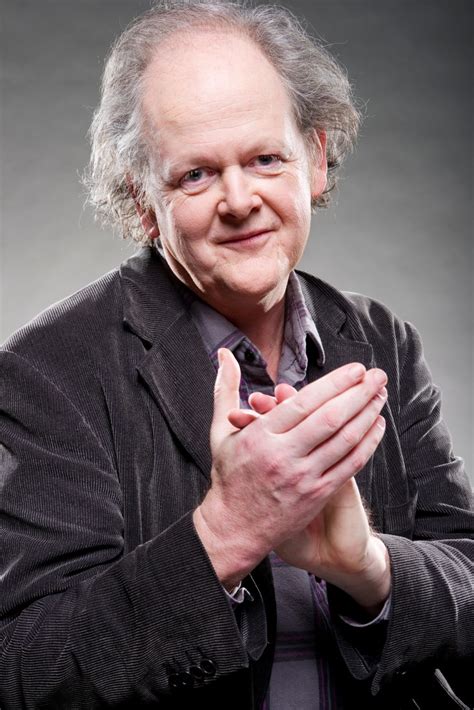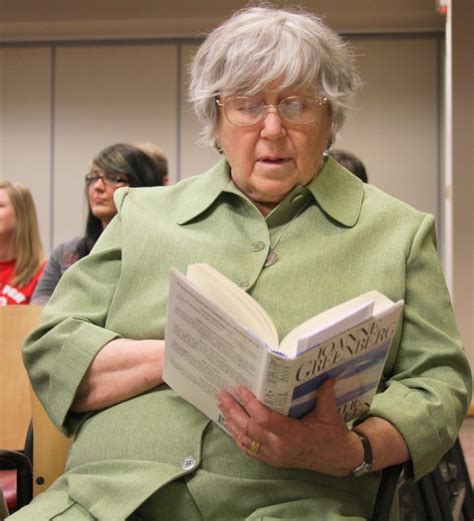Ein Zitat von Peter Capaldi
Kriminalität ist interessant. Es ist riesig und faszinierend und es ist das, worauf mein Geschäft, Fernsehen und Film, größtenteils basiert. Aber die Realität ist tragisch, und in Krimis sieht man selten den Schmerz eines Trauerfalls oder irgendwelche Konsequenzen. Es ist auf ein Schachspiel reduziert.
Verwandte Zitate
In den besten Kriminalgeschichten geht es immer um das Verbrechen und seine Folgen – wissen Sie, „Crime And Punishment“ ist der Klassiker. Wo es um das Verbrechen und seine Folgen geht, ist die Geschichte, aber wenn man das Verbrechen und seine Folgen betrachtet, muss man über die Gesellschaft nachdenken, in der das Verbrechen stattfindet, wenn man versteht, was ich meine.
In allen Romanen geht es um Kriminalität. Es wird Ihnen schwer fallen, einen Roman zu finden, in dem kein kriminalistisches Element vorkommt. Ich sehe mich nicht als Kriminalromanautorin, aber in meinen Büchern gibt es Verbrechen. Das liegt in der Natur des Geschichtenerzählens, wenn man die reale Welt widerspiegeln möchte.
Als ich mich für die organisierte Kriminalität und insbesondere für die jüdische organisierte Kriminalität interessierte, interessierte ich mich sehr dafür. Ich habe gelernt, dass ich, wie meine Erzählerin Hannah, auf meine ganz eigene Art Krimiautorin bin. Kriminalität mit einem großen „C“ ist das Thema, das mich beschäftigt – selbst bei Sway geht es in gewisser Weise um „Kriminalität“. Das Schöne an der Kriminalität ist, dass sie einem die Lösung großer Fragen ermöglicht
Während der Weltwirtschaftskrise sank die Kriminalität sogar. In den 1920er Jahren, als das Leben frei und einfach war, gab es auch Kriminalität. In den 1930er Jahren, als die gesamte amerikanische Wirtschaft in einen staatseigenen Alligatorgraben geriet, gab es nahezu keine Kriminalität. In den 1950er und 1960er Jahren, als es der Wirtschaft gut ging, stieg die Kriminalität erneut an.
Viele Autoren behaupten, dass fast jede Kriminalität durch wirtschaftliche Bedingungen verursacht wird, oder mit anderen Worten, dass Armut praktisch die gesamte Ursache der Kriminalität ist. Zu diesem Thema wurden unzählige Statistiken gesammelt, die schlüssig zu zeigen scheinen, dass Eigentumsdelikte größtenteils auf die ungleiche Vermögensverteilung zurückzuführen sind. Aber Verbrechen jeglicher Art können nicht sicher auf eine einzige Ursache zurückgeführt werden. Das Leben ist zu komplex, die Vererbung ist zu vielfältig und unvollkommen, zu viele verschiedene Dinge tragen zum menschlichen Verhalten bei, als dass alle Handlungen auf eine einzige Ursache zurückgeführt werden könnten.




































